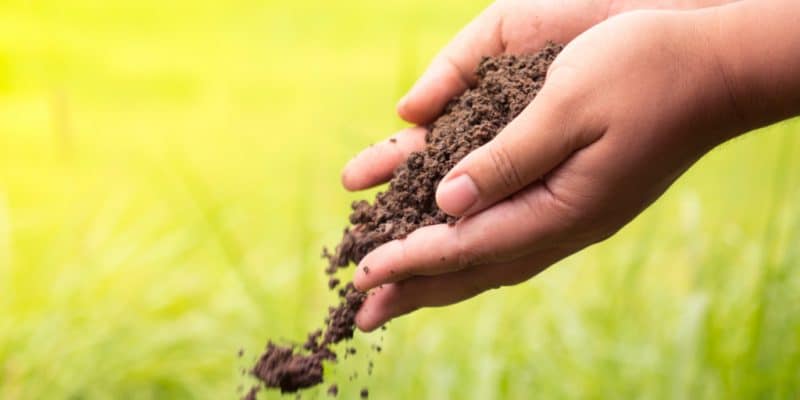Following her doctoral research, Fatima Beraich founded her company, Biodôme du Maroc. Since 2013, the company has been transforming organic waste into biogas and organic fertilisers. The young woman offers an organic solution to Moroccan farmers who spend large sums of money to supply their farms with gas.
Fatima Beraich is a daring young Moroccan woman. For several years now, she has been venturing into a world previously reserved for men. She founded Biodôme du Maroc, a company, a pioneer in Morocco, specialised in the methanation of organic waste. Fatima offers an “innovative solution that ensures farmers’ energy independence through the installation of a methanation plant for the waste coming from their farm”. Fatima, within her company, designs micro solutions to help farmers recycle their waste, transforming it into biogas and fertilisers. A solution that comes at the right time for Moroccan farmers who are often forced to pay large sums of money for the irrigation of their land.
For Fatima, Biodôme is an “ecological dream” and every day that comes up is an opportunity for her to realise it. She calls her factories domes. To make such a Biodome, she built a kind of small underground dome, in which vegetable waste is placed, which will then be fermented in a second underground chamber, using a patented biological accelerator. The process produces methane, which is then offered to farmers for their energy consumption, and fertilisers, produced from biodegraded waste, to amend the soil.
Fatima is now also approaching Casablanca’s restaurants to collect the organic waste that she later composts. This process reduces the amount of waste that ends up in landfills and whose disposal remains a problem for municipalities. In a maximum of five weeks, she obtains organic compost, which can be used in plantations by farmers.
The Fatima initiative enabled her to receive the first prize for the Moroccan woman entrepreneur “Tamayuz” 2017. In March 2018, she won the prize for the most innovative Moroccan project awarded during the Futur.E.S in Africa Exhibition. She also had the opportunity to present her work and expertise at COP24 in December 2018 in Poland.
Luchelle Feukeng







